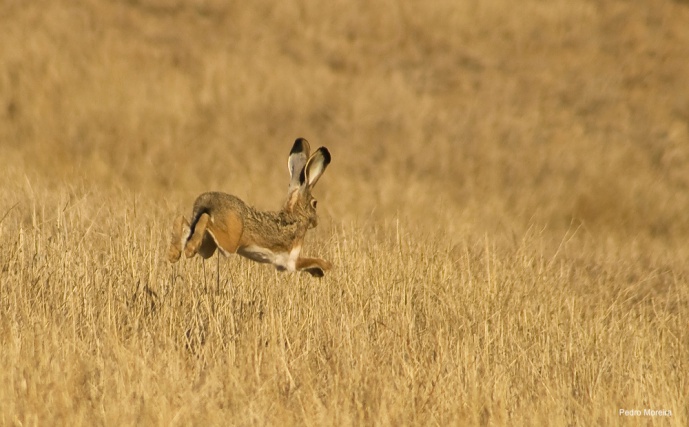Genomics of Evolutionary Change - EVOCHANGE
Changes in climate and consequent habitat alterations pose important challenges for species survival, causing them to split, move, adapt or go extinct. This repeated and dynamic process over the evolutionary time leaves signatures on the genetic variation of extant natural populations, which ultimately determines their adaptive potential facing environmental change. Adaptation depends on pre-existing genetic variation but also on that incorporated through hybridization and new adaptive mutations. Understanding genetic consequences of rapid anthropogenic change compared to the slower pace of natural change, and the architecture of adaptations challenged and driven by these changes are major endeavors. These questions touch one of the most important current societal challenges: understanding the impact of climate change on biodiversity. It also creates remarkable opportunities to transfer knowledge from science to society, from education on evolutionary questions to awareness for the conservation of biodiversity.
The EVOCHANGE group uses evolutionary genetics and genomics tools to:
- Understand genetic signatures of evolutionary change in natural populations at two timescales – at a deep level, caused by natural forces, and at a recent level, caused by human intervention; in particular, assess the consequences of environmental changes in the genetic composition of species and interspecific interactions resulting in hybridization.
- Reveal the genetic basis and evolution of adaptations responsible for the uniqueness of local populations, including those challenged by human impacts; specifically, identify the genetic variants responsible for seasonal coat colour change and variation in winter colour, a trait strongly influenced by modern climate change.
- Clarify the evolution and systematics of groups of species, as a first step to promote their conservation.
With our research and activities we also aim at promoting the transfer of generated knowledge from academia to society, and the public and policy engagement with science.
The group is permanently open to new students, researchers and collaborations and to broaden the scope of the research. To know more about us, please check out our blog: https://evoluchange.wordpress.com/
